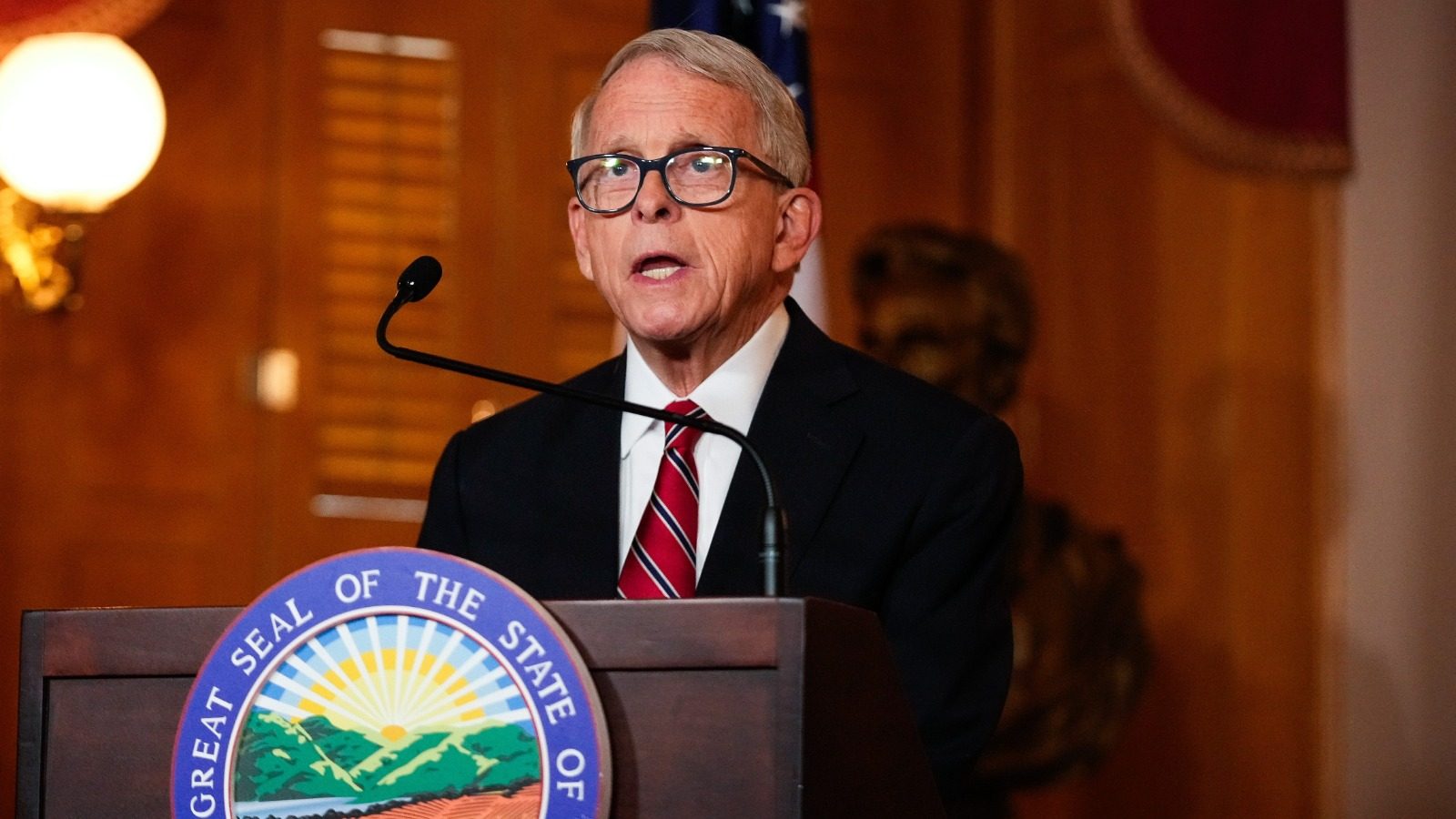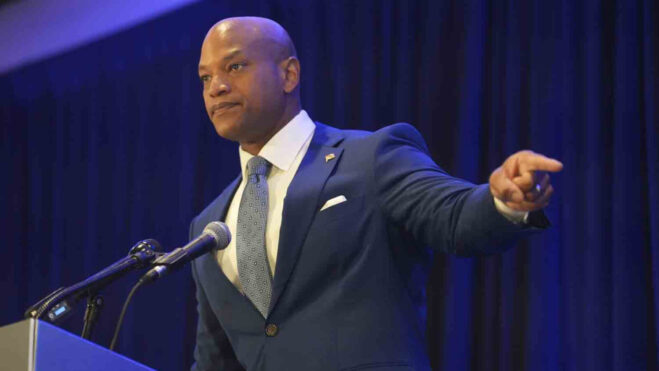Ohio Governor On Online Casinos: Not On My Watch
Despite two bills in the state legislature, DeWine says he’s against the idea of online casinos
2 min

Ohio Gov. Mike DeWine delivered a blow to regulated online casino advocates Wednesday, telling reporters during his annual Ohio State Fair appearance that he does not support legislation that would legalize iCasino in the Buckeye State.
“I’m not for it,” DeWine said, according to Cleveland.com. “Basically, to put a casino in everybody’s hands, 24/7, I think is probably not a great idea. And I think it will cause more pain and suffering … as far as gaming addiction.”
DeWine’s comments come as the Ohio House and Senate are actively considering bills to legalize online casinos. While some lawmakers had hoped for a path forward before the end of the legislative session, the governor’s comments make clear he’ll be a roadblock in the final 18 months of his term.
Two bills in legislature
The push to bring legal iGaming to Ohio took a major step this year with the introduction of two separate bills: Senate Bill 197 from Sen. Nathan Manning and House Bill 298 from House Finance Chair Brian Stewart.
While both bills authorize the Ohio Casino Control Commission to oversee online casinos and include a target launch date of March 31, 2026, they differ in key areas — especially tax structure, player-facing rules, and scope.
Manning’s bill proposes a 36-40% tax rate, one of the highest in the country. Stewart’s bill calls for a more operator-friendly 28% rate.
Licensing fees also diverge slightly. Both call for an initial $50 million fee, but Stewart’s includes a $10 million renewal, double that of Manning’s.
The starkest difference for players is Stewart’s proposed ban on promotions — no bonuses, no free spins, no matched deposits. No other state bans promos. He also proposes prohibiting credit cards as a funding source and includes specific restrictions on sweepstakes-style games. Manning’s bill allows all of those.
Manning’s legislation also includes online lottery and pari-mutuel horse racing, while Stewart’s does not.
Both bills remain in committee, and neither has moved substantially, a delay that now looks even more significant in light of DeWine’s public opposition.
Hopes in other states
Ohio is one of five states with active 2025 online casino legislation, alongside Maine, Massachusetts, New York, and Illinois. But it’s quickly becoming clear that even in states with robust gaming markets and legislative engagement, opposition remains fierce — particularly from governors and existing casino operators.
In Ohio, Penn Entertainment, JACK Entertainment, and Churchill Downs have either expressed opposition or raised serious concerns. Some are members of the National Association Against iGaming (NAAiG), a group that’s been effective at slowing or halting iCasino expansion in multiple states.
Meanwhile, states like Maine have passed iCasino legislation, only to face likely vetoes. In Massachusetts, a June hearing featured a parade of testimony — pro and con — but progress remains unlikely this year. In New York, online casino is overshadowed for now by the more lucrative downstate casino license process.
Back in Ohio, a 2023 legislative study highlighted the upside: potentially $400-plus million in annual tax revenue, with minimal evidence of brick-and-mortar cannibalization. But that hasn’t moved DeWine, who appears poised to hold the line, at least through the end of his term.
Whether lawmakers try to jam a deal through in late 2025 or wait for a new governor in 2027 remains to be seen. For now, the odds of iCasino legalization in Ohio just got longer.






